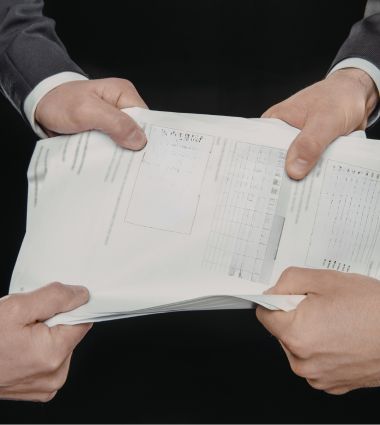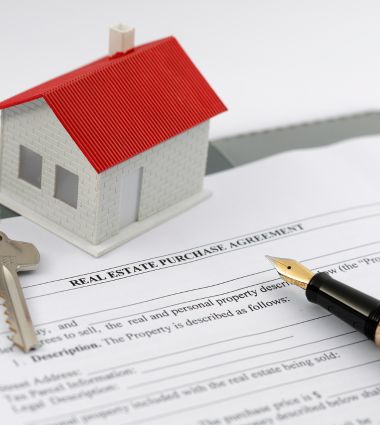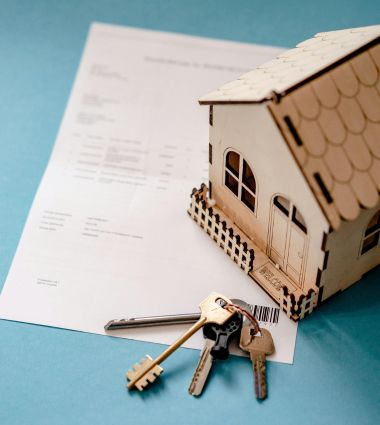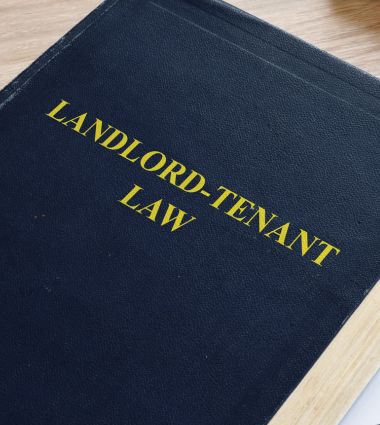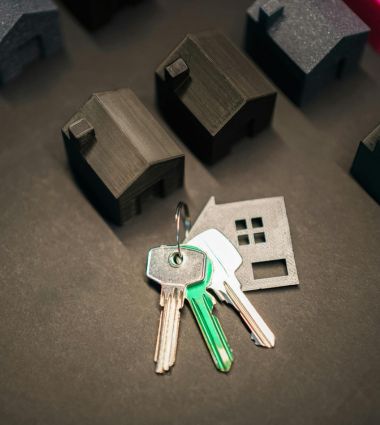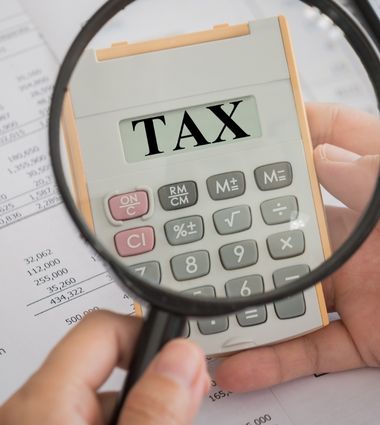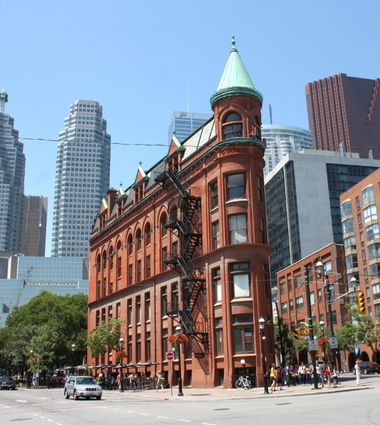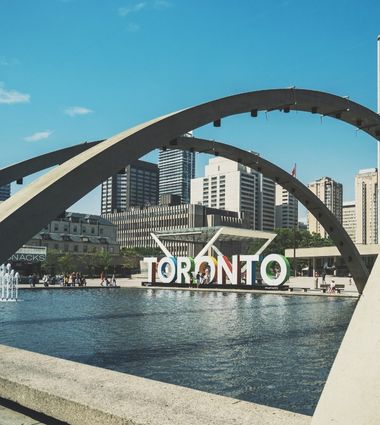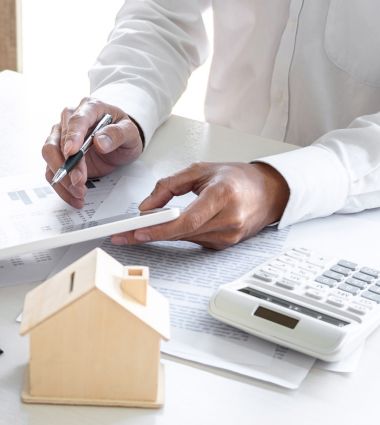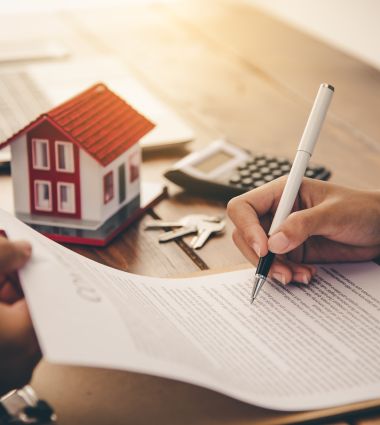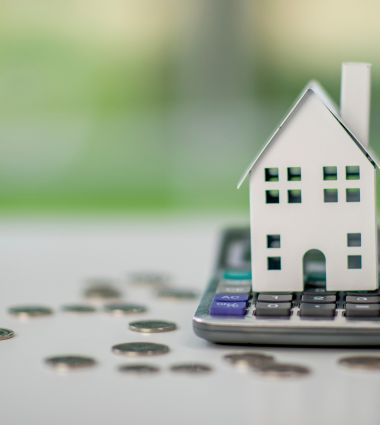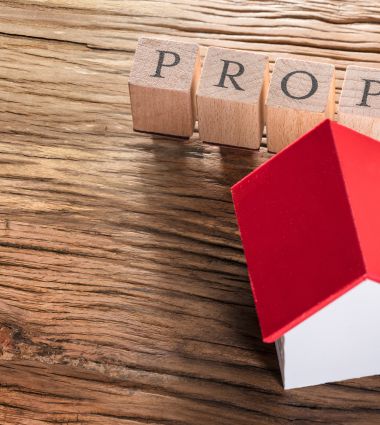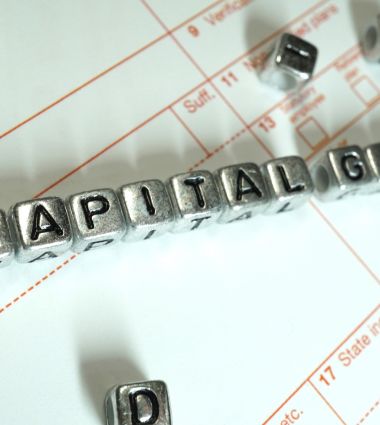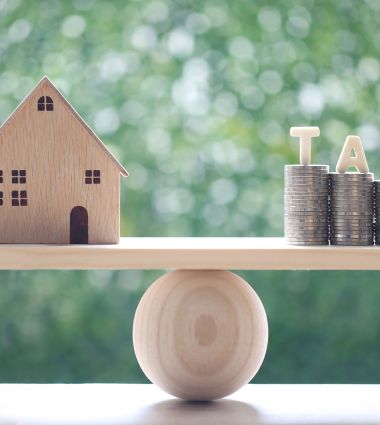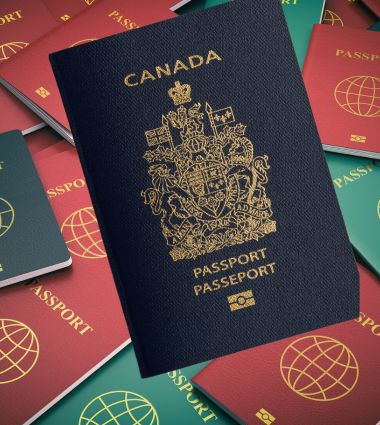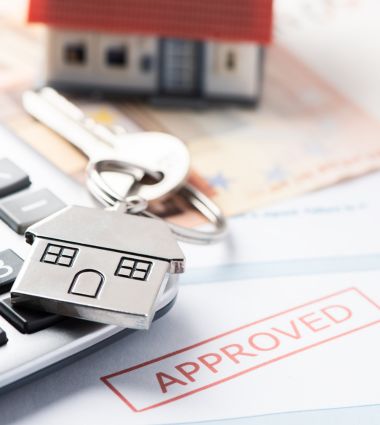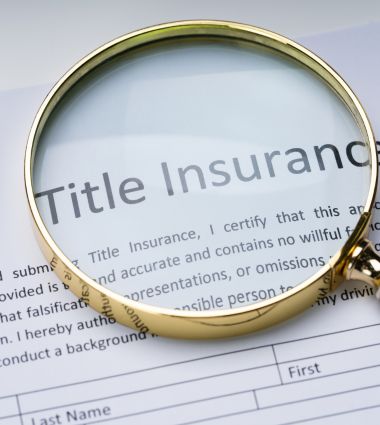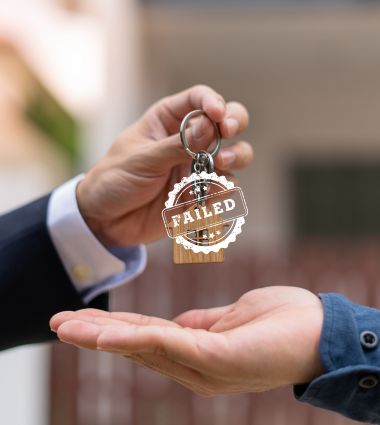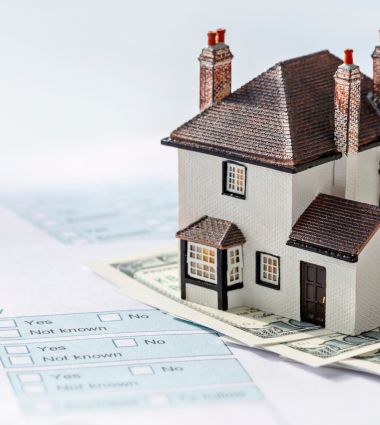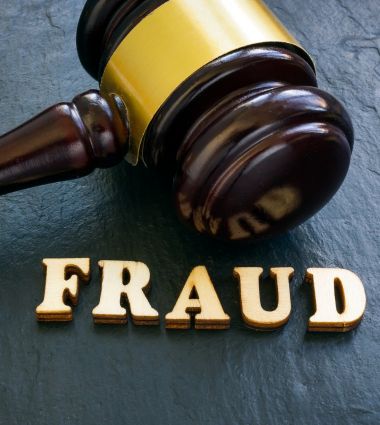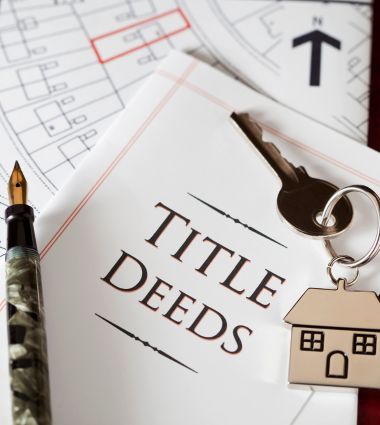5 Items to Include in a Real Estate Purchase Contract
Buying a home is a huge step, and the real estate purchase contract is like the rulebook that makes everything official. It’s not just a stack of papers — it’s where all the important stuff gets written down, from how much you’re paying to what comes with the house (like that shiny new fridge or the backyard shed). But this contract is more than just the fine print; it’s your safety net. It protects both the buyer and the seller, so everyone knows what they’re getting into.
In this guide, we’ll break down the five key items that should always be in your real estate purchase contract. You’ll learn what each item means and why they matter, especially for folks navigating Toronto’s busy real estate scene. By the end, you’ll feel more prepared to sign on the purchase contract, knowing you’re covering your bases.
What is a Real Estate Purchase Contract in Canada
Ever wondered what's the deal with those big stacks of paper when you're buying a house? Well, that's your real estate purchase contract, and it's a pretty big deal here in Canada.
The details of the Contract
A real estate purchase contract is like a roadmap for your property purchase. It's a legally binding document that spells out all the details of the sale. Think of it as a rulebook that both the buyer and seller agree to follow.
What's Inside?
This contract isn't just about the price tag (though that's a big part). It covers everything from when you'll get the keys to what happens if something goes wrong. Here's what you'll typically find:
- The purchase price (obviously!)
- The closing date (when you officially become the owner)
- Any conditions that need to be met (like getting a mortgage approved)
- What's included in the sale (appliances, fixtures, etc.)
- Any special requests or agreements between you and the seller
Why It's a Big Deal
Once you and the seller sign on the dotted line, you're both committed to the sale. It's not just a handshake deal - it's a serious legal commitment. That's why it's super important to read every word and understand what you're agreeing to.
A knowledgable real estate lawyer can be your best friend here. They can help you navigate the contract and make sure you're not missing anything important. After all, buying a home is probably the biggest purchase you'll ever make - you want to get it right!
.jpg)
Key Items to Include in a Real Estate Purchase Contract
Buying a home in Toronto — or anywhere in Canada — is exciting but can get complicated fast. The purchase contract is where everything comes together. It’s the document that says what’s being bought, for how much, and under what conditions. If something’s off in this agreement, it can lead to headaches later. Let’s look at five key things that should always be in your real estate contract to make sure you’re covered.
Property Details
The first thing to pin down is what you’re buying. Is it the semi-detached house near High Park or the condo with a view of the CN Tower? The contract should clearly describe the property, including the exact address, lot number, and any unique features.
Without these details, you might end up in a situation where you think you’re buying one thing, but the paperwork says something else entirely. A real estate lawyer can double-check this for you so there’s no confusion.
Price and Payment Terms
Money matters. The contract should clearly state the purchase price and how it will be paid. Are you paying a deposit upfront? If so, how much? What about the timeline for the remaining payments?
Imagine handing over a deposit only to find out later it wasn’t documented properly. That’s the kind of mistake that can cause delays — or worse. Lawyers can make sure everything is spelled out, so there’s no room for “oops” moments later on.
Conditions and Contingencies
This section is like your safety net. These are the conditions that have to be met for the sale to go through. For example, many contracts include a condition for a successful home inspection or mortgage approval.
Let’s say the inspection finds major issues with the foundation. If you don’t have a condition in your contract allowing you to back out, you might be stuck buying a house with costly repairs. A real estate lawyer Toronto can help you add these protections to the agreement.
Closing Date
The closing date is the day everything becomes official — you get the keys, and the seller gets their money. This date should be clearly stated in the contract, giving everyone involved a timeline to work with.
Choosing the right closing date is more important than it seems. If you’re selling another property at the same time, you’ll want to coordinate those dates to avoid being stuck without a place to live — or paying for two homes at once.
Inclusions and Exclusions
Don’t assume that everything you see during the showing will stay when you move in. The contract should list what’s included in the sale (like appliances, light fixtures, or even that backyard shed) and what isn’t.
For example, you might fall in love with a home partly because of its modern kitchen, only to find out the sellers are taking the fridge and stove with them. Being clear about inclusions and exclusions helps avoid surprises.
The Role of a Real Estate Lawyer in Drafting the Contract
When you're buying a home in Toronto, having a real estate lawyer on your side can be a game-changer. These legal pros are like your personal property guardians, making sure everything in your real estate purchase contract is shipshape.
Nailing Down the Details
A real estate lawyer's job is to make sure your purchase agreement doesn't miss a beat. They'll comb through every line, ensuring all the terms you've agreed on are spelled out clear as day. No more worrying about sneaky clauses or confusing legalese - they've got your back.
Budget-Friendly Legal Help
Here's a word of wisdom: lawyers can often draft these agreements for a flat fee that's way less than what you'd shell out in typical real estate commissions. It's like getting a bespoke suit for the price of off-the-rack - tailored protection without breaking the bank.
Smooth Sailing to Closing Day
Your real estate lawyer isn't just there for the paperwork. They're your captain, steering your deal safely to shore. From drafting the initial contract to reviewing any changes, they'll keep your transaction on course. It's like having a GPS for your home buying journey - they'll help you understand any legal twists and turns along the way.
A solid real estate purchase contract is your ticket to a stress-free property deal. With an intelligent real estate lawyer in your corner, you're setting yourself up for a win in the Toronto housing market.
.jpg)
Common Pitfalls to Avoid in Real Estate Contracts
When you're getting into the world of real estate contracts, it's easy to feel like you're swimming in alphabet soup. But don't worry, we've got your back! Let's discuss some common slip-ups that even the most intelligent buyers and sellers can make.
Did You Forget Something?
Missing or incorrect terms in your real estate purchase contract can lead to some serious head-scratching later on. It's like trying to build a house without a blueprint - you might end up with a kitchen where the bathroom should be! That's why it's crucial to have a real estate lawyer look over your contract with a fine-tooth comb.
Contingencies: Your Safety Net
Overlooking contingencies is like jumping out of a plane without a parachute. These clauses protect you if things go sideways. For example, what if your dream home fails the inspection? A well-crafted contingency could be your ticket to backing out without losing your deposit.
Market Research: Your Crystal Ball
Failing to address market research in your contract is like buying a car without test-driving it first. You might end up overpaying or missing out on a great deal. A real estate lawyer can help you understand local market trends and ensure your contract reflects fair market value.
A solid real estate contract is your roadmap to a smooth property transaction. Don't be afraid to ask questions and seek help from a pro. After all, this might be the biggest purchase of your life - you want to get it right!
Signing the Real Estate Purchase Contract: What to Expect
So, you’ve found the home you’ve been dreaming about in Toronto. Maybe it’s a cozy place near the Beaches or a modern condo overlooking the city skyline. Now comes the big moment: signing the real estate purchase contract. It’s a major step, but it doesn’t have to feel overwhelming if you know what to expect.
What's in the Contract?
Think of the real estate purchase contract as your game plan. It’s the document that lays out everything about the deal, from the basics to the nitty-gritty details. Here’s what you’ll usually find in it:
The Price: The amount you’re paying for the property. No surprises here—it’s the number you and the seller agreed on.
Conditions: These are things that need to happen before the deal is official. For example, you might want a home inspection to make sure the roof won’t leak the moment it rains or a condition for securing your mortgage.
Closing Date: This is the big day when you officially become the owner and get the keys.
Inclusions: This is a list of what’s coming with the house. Are the appliances staying? What about that fancy chandelier? It’s all spelled out here so there’s no confusion.
Why You Need a Real Estate Lawyer
This is where things can get a bit tricky. Contracts are full of legal terms, and if you’re not careful, you might miss something important. A real estate lawyer acts like your safety net. They’ll:
Review the Fine Print: Lawyers look out for anything unusual or risky in the contract.
Explain Legal Terms: If you’re scratching your head over something, they’ll break it down into plain words.
Protect Your Interests: They make sure the deal is fair and that you’re not agreeing to something that could cause problems later.
For instance, what if the seller promises the fridge is included, but the contract says otherwise? A lawyer will catch that before you sign.
The Signing Process
When the day comes to sign, it’s important to stay calm and focused. Here’s how it usually goes:
- Review the Contract: Your lawyer will go through the document with you, pointing out anything that stands out or needs tweaking.
- Ask Questions: If something doesn’t make sense, now’s the time to ask. There are no silly questions when it comes to buying a home.
- Sign the Papers: Once you’re confident everything looks good, you’ll put pen to paper (or e-sign, depending on the setup).
- Celebrate: With the contract signed, you’re officially on your way to owning your new home.
Avoiding Pitfalls with a Lawyer’s Help
A real estate lawyer does more than just review contracts. They also help with things like:
- Title Searches: Making sure the property doesn’t have any hidden issues, like unpaid taxes or disputes over ownership.
- Handling Closing Documents: Ensuring everything’s filed correctly so there are no hiccups on the closing day.
- Local Knowledge: In Toronto, zoning rules or condo regulations can throw curveballs. A lawyer familiar with the area can help you navigate those challenges.
Signing a real estate purchase contract is one of the biggest steps in buying a home. It’s a detailed process, but with the right preparation and the support of a good real estate lawyer, you can handle it with confidence.
If you’re buying a property in Toronto and want everything done right, firms like Khan Law can be a huge help. They’ll make sure the contract works for you, not against you, so you can focus on what really matters — settling into your new home.
Take your time, ask questions, and don’t hesitate to lean on expert advice. After all, this isn’t just a deal — it’s the start of a new chapter in your life.
Real Estate
Family Law
Wills & Estates
Immigration
Join Our Mailing List.
Sign up with your email to receive our newsletter and stay informed about the latest legal developments and special offers.


